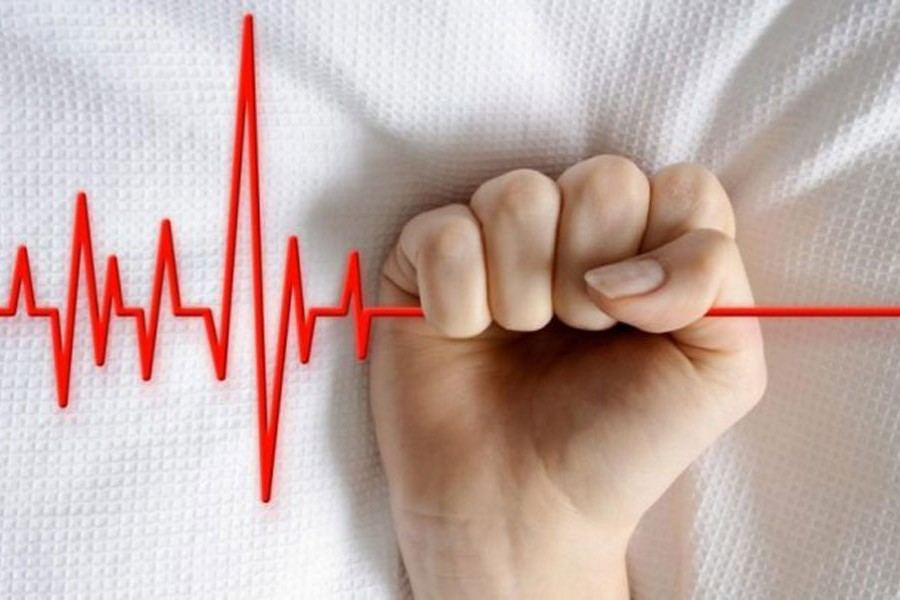In a landmark judgement, the Indian Supreme Court has allowed passive euthanasia. This form of euthanasia is the making of a will by a person when s/he is capable of making an informed decision in advance on ending life in order not to suffer excruciating pains during terminal illness or under similar circumstances. Unlike active euthanasia, where the term mercy killing is more appropriate, here the purpose is to end life with dignity. As argued by many, if people have the right to a good life, they should as well have the right to a good death.
At a time when machine-assisted prolongation of life is in practice, no matter how intensely a patient may suffer, law forbidding euthanasia is likely to cause more harm than good to a patient in a critical and termination condition. If there is nothing medical treatment can do to help a patient recover from such prolonged illness, passive euthanasia comes as a great service to the agonised soul. Well, there is however need to be confirmed on the basis of an unanimous opinion of expert physicians that there is nothing more medical science at their disposal can do for the patient.
On the battle fronts, though, this task hardly allows any such predicament of mind when all other options have exhausted to help a badly wounded fellow soldier. A retreat makes at times incumbent upon the group or brigade to do the mercy killing. Even then there may be dilemma if the dying soldier can be carried back to a vehicle or ambulance for treatment. In certain cases, though, all options dry up and quick ending of such a terminal life is wiser.
In case of patients in Bangladesh, however, the extremes of euthanasia are likely to be on the cards. If a private hospital can hold back a dead patient in the intensive care unit (ICU) in order to fleece the patient's family by concocting a fabulous medical bill, every medical aberration in the lexicon is possible on its part. On the contrary, doctors without the required expertise can pronounce the death verdict on a patient who may have years to live a healthy life after recuperation.
Sensitive people like Hemingway may not wait for doctor's diagnosis to end their lives when confronted with the slightest sign of compulsion for living an undignified life. This, to conventional and popular perception, is suicide. But the motive behind ending life in order not to bother or otherwise cause trouble to others is so overpowering that they take the ultimate decision.
However, laws of most of the countries the world over do not approve administering lethal injection or drugs to bring an end to a patient's life even if s/he opted for it. What is allowed is the disconnection of life support or feeding tube in order to terminate the struggling sustainability of life. The judgment of the Indian Supreme Court has only gone this far and no further. The SC has entertained what is called living will, meaning a patient's choice made for such a death prior to his falling ill. What happens when one is equally terminally ill but did not make any prior decision on the matter? One's near and dear ones cannot opt for such an end. Again, there is no guarantee that a living will has not been drafted under coercion or the patient did not change the opinion.
Whatever is the case, maintaining the dignity of life and death is essential. If one suffers beyond tolerance, the provision for ending life soon should be there. But it has to be clinically proved.


